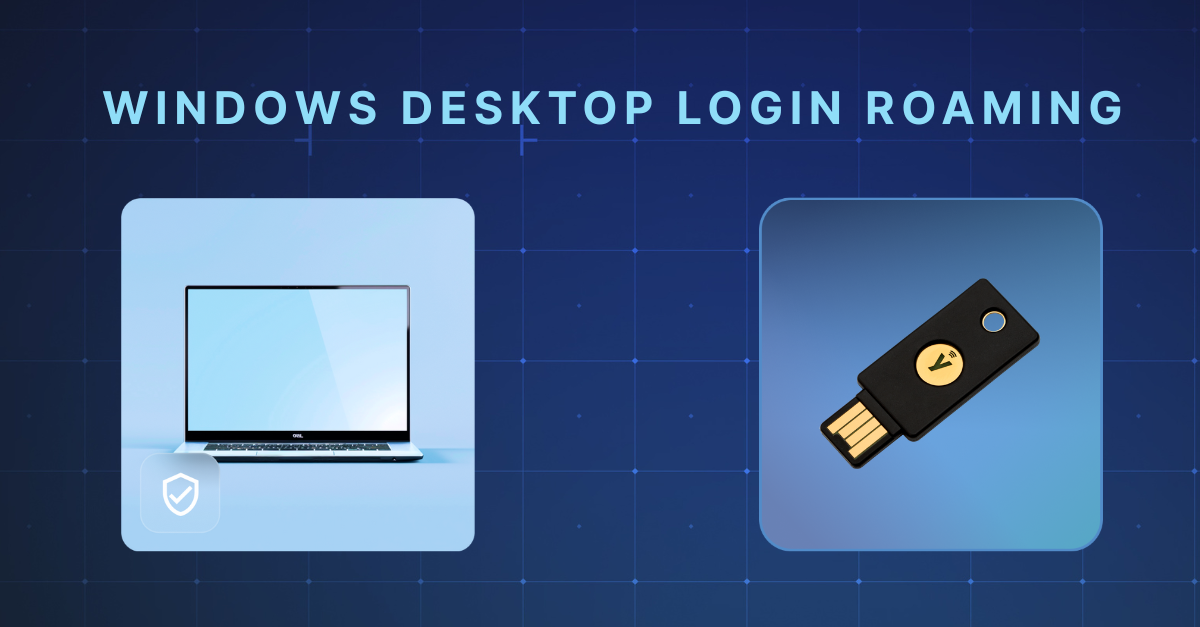Social Logins Suck!

Transcription
Hi, welcome. My name is Jing. I'm the senior product marketing manager here at Beyond Identity. Today, we are talking about social logins, and the pros and cons of social logins. So think like log in with Facebook, log in with Google, LinkedIn, Twitter, GitHub, all of these platforms, right? That already have a user profile.
What are the pros? One of the pros you might think, is that the user doesn't need to create another password to use your application. But as you'll see in a minute that actually has some security ramifications. So I'm going to put that somewhere in the middle. Represent that. Now another pro of social logins is that you can actually enrich your user accounts with profile data which could be really interesting, right? So things like hobbies, likes, education that could help you personalize your user's experience further in your application.
Another pro of social logins is you can use social logins to help reduce fake accounts. And what I mean by that is, a social profile typically is associated with a real-life identity. So if you want to cut down on fake account creation, social logins could help with that.
Now, when it comes to the negative side of social logins, one of the biggest things that is happening in the market, is that more and more consumers are wary of the privacy concerns with social logins. And that's why you typically don't see high security applications using social logins, and some consumers will not connect their social accounts on principle. So privacy issues.
The second con with social logins is social platforms or social networks might be blocked on certain networks. For instance, schools or work offices. So the availability of your services, if you're only relying on the social login, could be scattered. So you would need to provide a backup mechanism.
The third con, which is a really important concept, is that if you provide a social login, username and password, and maybe you have a multitude of social logins, which is fairly common, right? You have Facebook, Twitter, LinkedIn, whatever the user wants to use. The user sometimes forgets which social login, they used to create an account. So they'll go back to your app and then they'll create a whole new account and then in your back end, you might see three separate users, and with no way to link the accounts together. Which lowers the personalization experience, creates frustration for the user, and they lose track of the historic activities within your app. So we'll say account linking is hard.
And last but not least, the security vulnerabilities. Social networks have been breached before and this is why the password is kind of, in a gray area. Because yes, they don't need to create a unique password. But if a bad actor gains access to a user's social account password, then they gained access to all the applications connected with that account, which is a major security risk. Say security.
So in conclusion, there are some distinct advantages and disadvantages of social logins but the spirit of social logins is actually to improve the customer experience. Right now, when you think about improving the customer experience eliminating the password, increasing conversions and onboarding, without all of these privacy concerns can actually be achieved with passwordless authentication that exists in the market today.
So Beyond Identity Secure Customers actually allows you to fully eliminate the password without incurring any of these security, or privacy disadvantages associated with a social login. And going passwordless can exist side by side with your other authentication mechanisms, so that you can give your customers the flexibility of choice to decide what is right for them, today and in the future.
So, if you have any questions, or would like to learn more, please visit us at www.beyondidentity.com. And thank you very much!



.png)


.png)







